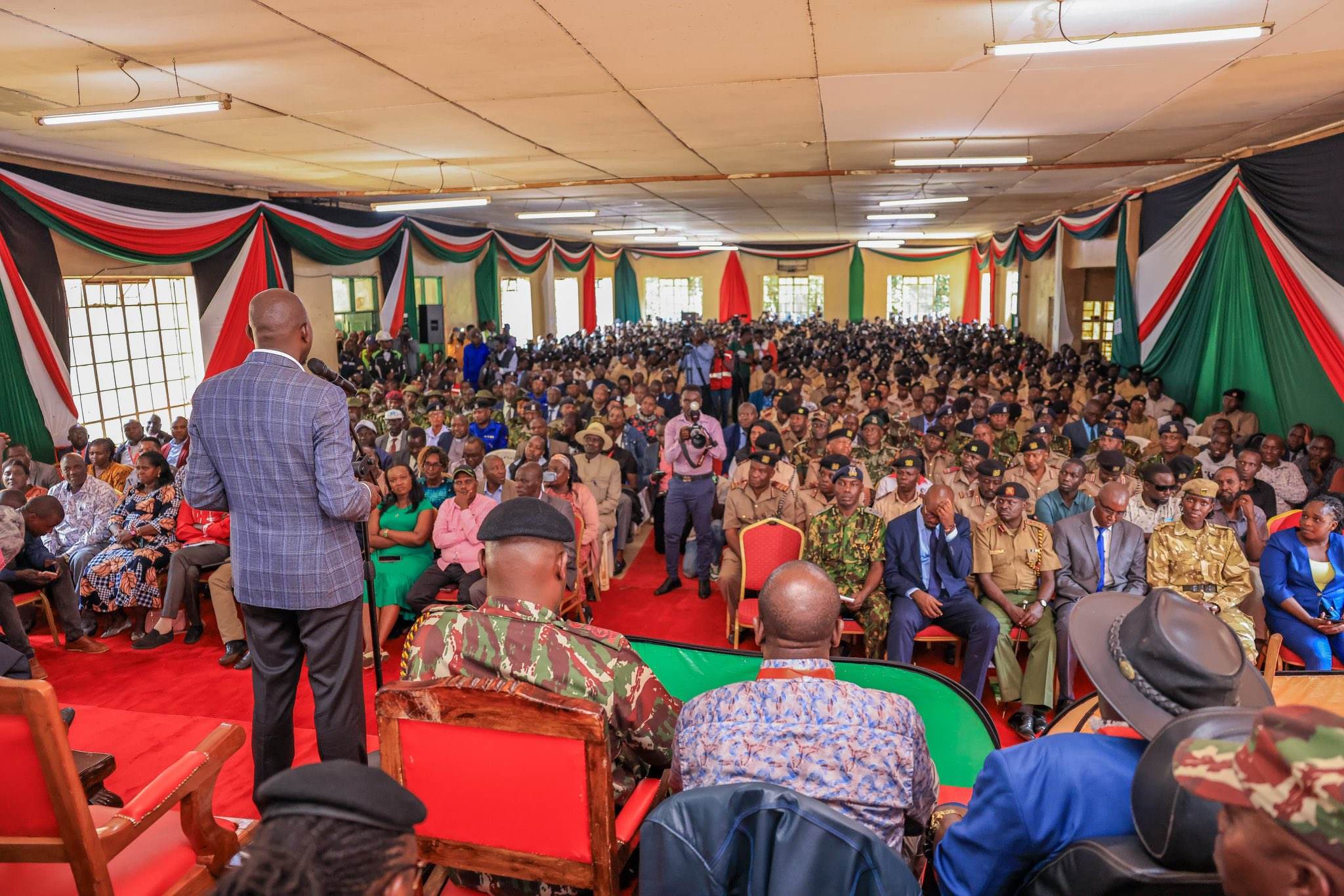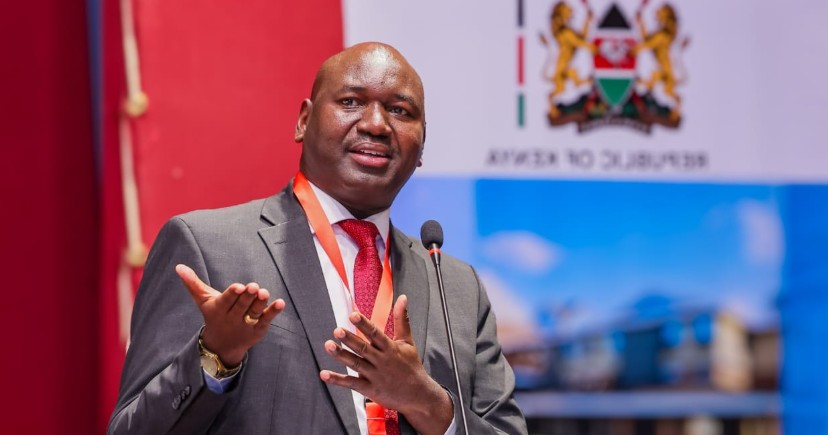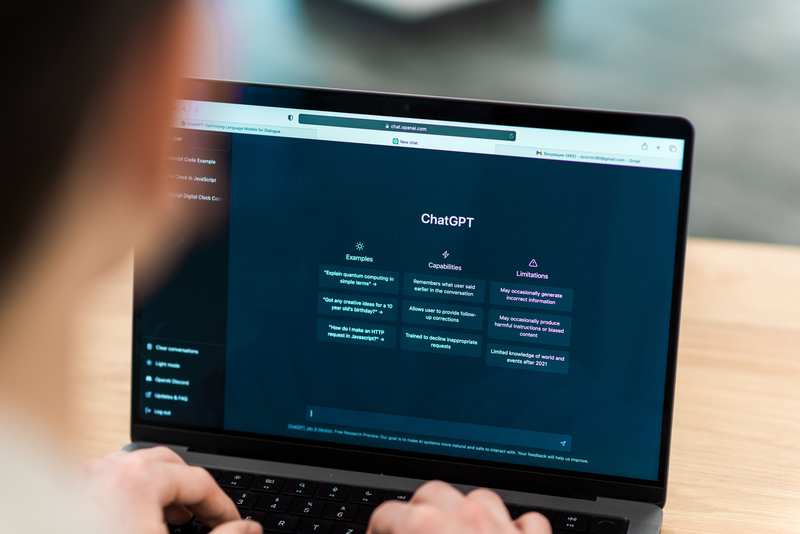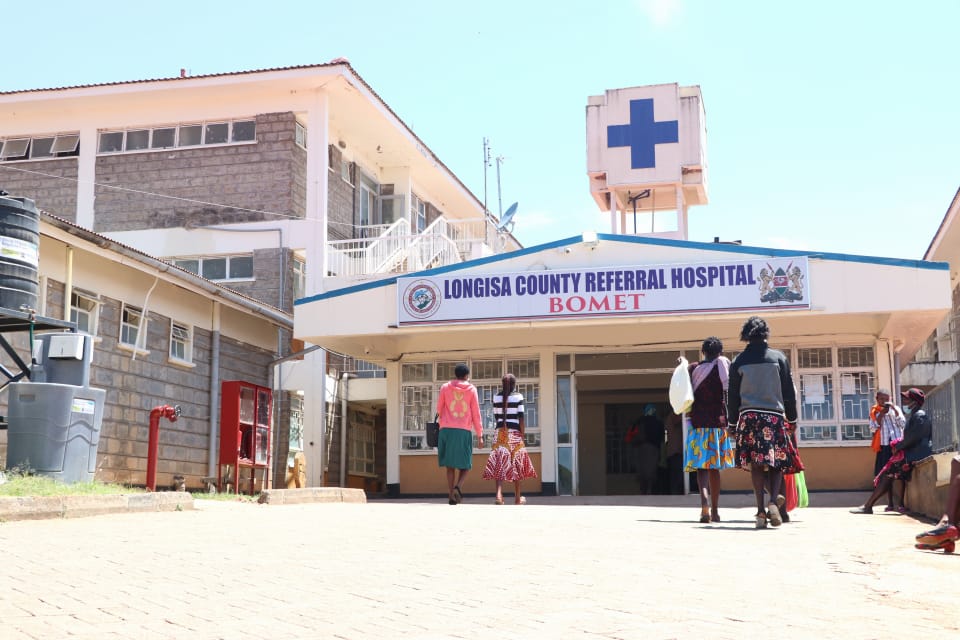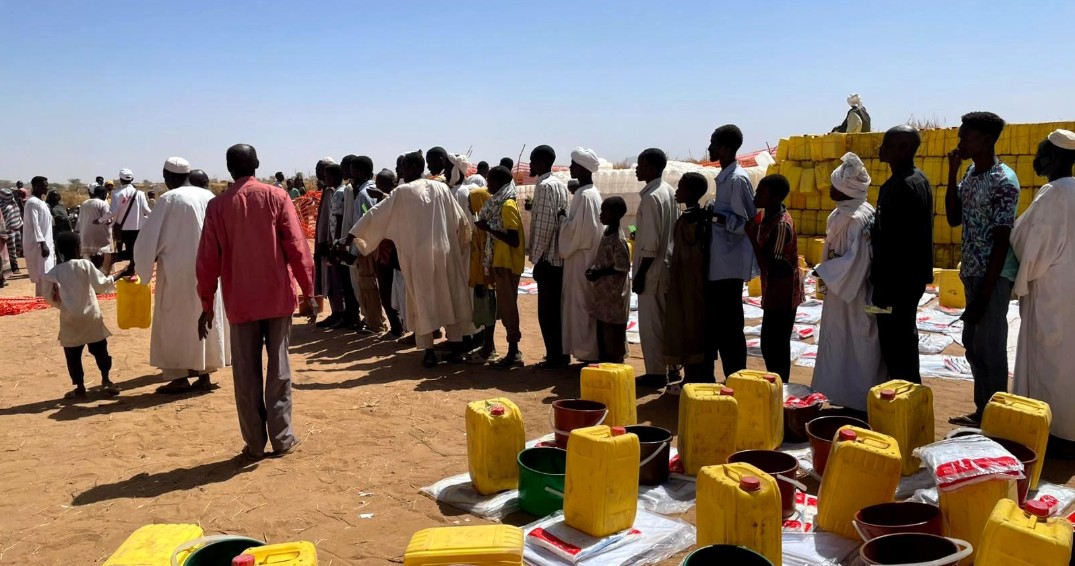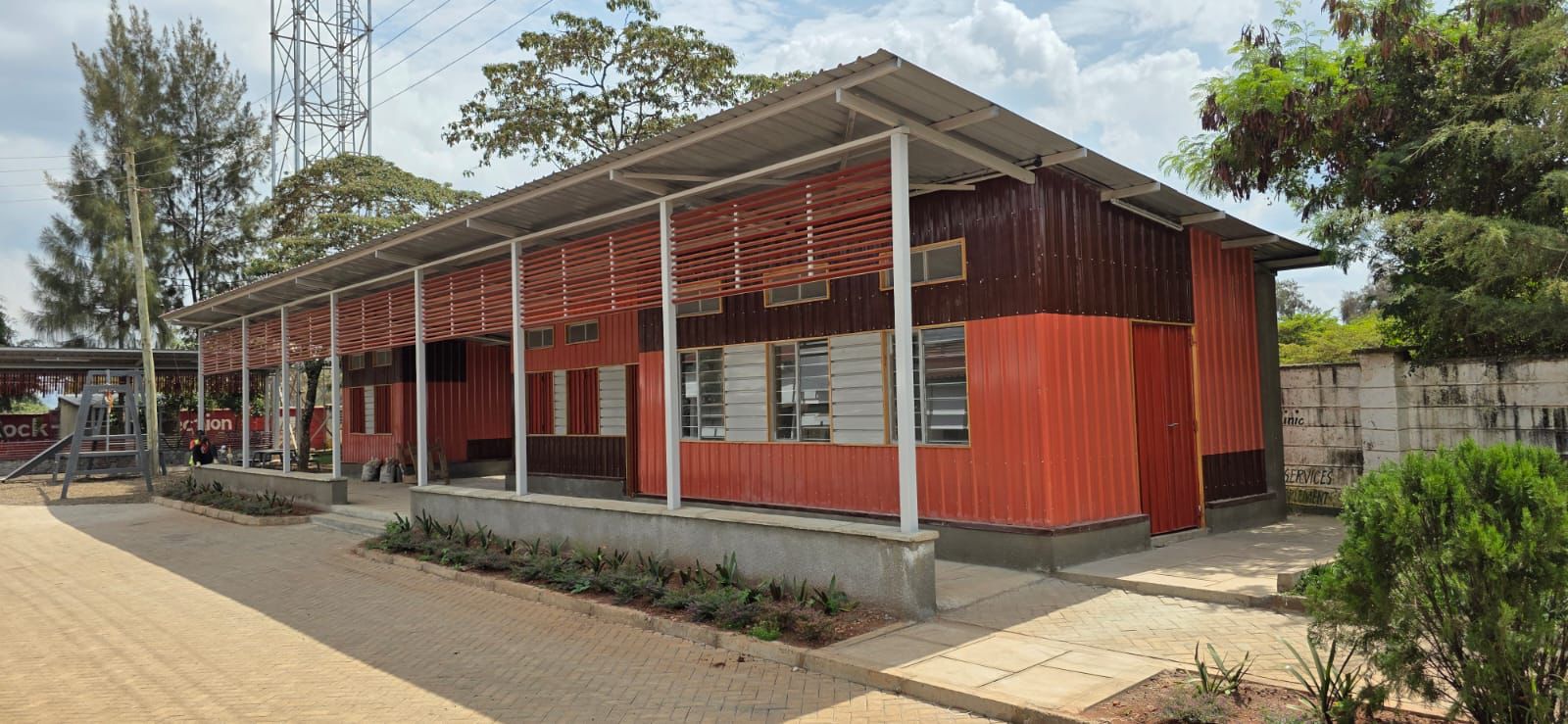CBK set to monitor county transactions in real time to curb corruption

The GDI platform will enhance oversight of public funds by giving CBK the ability to proactively monitor county account balances and transactions on specific dates, rather than waiting for reports.
The Central Bank of Kenya (CBK) is putting in place a new monitoring system that will allow it to track all transactions across county-linked bank accounts in real time, in a move aimed at stopping the misuse of public funds and addressing corruption in county financial operations.
Deputy CBK Governor Susan Koech, while speaking before the Senate, announced that the bank has started implementing the Granular Data Integration (GDI) platform, which will allow CBK to identify which accounts belong to which county governments, monitor balances, and detect any unusual transactions, including sudden account closures and suspicious fund transfers.
More To Read
- Kenya’s financial outlook steady amid strong Treasury bill demand and stable shilling - CBK
- CBK admits it lacks authority to shut illegal county bank accounts
- Counties under pressure as Treasury moves to curb misuse of funds with new single account system
- Tax relief boost as KRA slashes fringe benefits rate for workers
- Banks pocket Sh13 billion more from MSMEs driven by higher interest rates – CBK
- Central Bank of Kenya invites Kenyans to review total cost of credit website
“We are uploading all Payment Service Providers and bank data into the system. Once complete, we will be able to see account movements across counties in real time,” Koech said.
She said that all Payment Service Providers (PSPs) have already been onboarded, and the integration of all commercial banks into the system is expected to be completed by the end of October.
The GDI platform will enhance oversight of public funds by giving CBK the ability to proactively monitor county account balances and transactions on specific dates, rather than waiting for reports.
“This platform will allow us to get balances from county government accounts on a specific date instantly,” Koech said.
Counties will still be allowed to operate functional sub-accounts such as those used for bursaries or health services under the Treasury Single Account model, but they must now be controlled and reported through the central platform.
The launch of this real-time tracking system is part of CBK’s broader reforms, which also include the rollout of an upgraded T24 core banking system that is set to go live in August.
The system will directly link IFMIS to online banking, ensuring that payments to suppliers are done without any manual interference.
CBK Governor Kamau Thugge said that the new system will eliminate the ability of county officials to override payment approvals by the Controller of Budget.
“One of the faults of the current system is that the Controller of Budget approves funding for a particular supplier, but the accounting officer pays someone else. With the new system, that will no longer be possible,” he told Senators.
Koech added that the platform will offer a complete digital transaction trail, from the point of approval to payment, locking out unauthorised changes and eliminating the practice of picking preferred suppliers.
“If supplier A is to be paid, the process will move from IFMIS straight to the online platform, and that’s the supplier who gets paid. This eliminates cherry-picking and brings integrity to the process,” she said.
The reforms come as counties continue to face a growing challenge with pending bills, with many suppliers going unpaid due to irregular payment processes and personal interests.
Between July 2024 and March 2025, counties paid out Sh34 billion in pending bills, yet the total debt dropped by only Sh9.4 billion, according to Controller of Budget Margaret Nyakang’o, as new unpaid bills continued to build up.
CBK believes the new platforms will bring transparency, accountability, and integrity to the management of public funds, while also tightening control over how counties handle payments.
Top Stories Today


